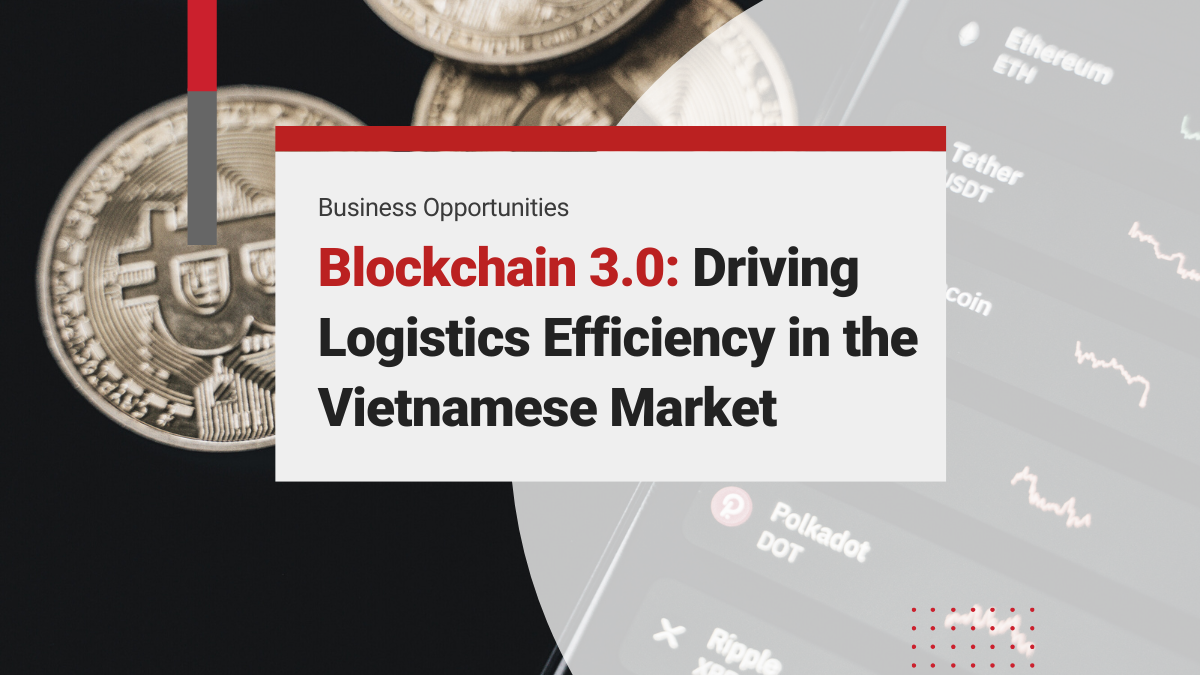Managing payroll in Vietnam presents unique challenges for foreign investors entering this dynamic Southeast Asian market. With Vietnam attracting over $21.51 billion in FDI during the first half of 2025 – a remarkable 32.6% increase year-on-year – understanding the country’s payroll system is crucial for successful business operations. The complexity of Vietnamese payroll regulations, combined with frequent updates and stringent compliance requirements, makes proper setup and management essential for avoiding costly penalties and maintaining smooth operations. Partnering with a trusted payroll services provider can help foreign businesses navigate these complexities efficiently and remain fully compliant.
Understanding Vietnam’s Payroll Ecosystem
Vietnam’s payroll system operates under a comprehensive regulatory framework that requires strict adherence to labor laws, tax obligations, and social insurance contributions. The country’s average monthly salary reached approximately VND 8.3 million (USD $317) in the first half of 2025, representing a steady 10% annual increase. This growth trajectory, coupled with Vietnam’s competitive labor costs ranging from VND 3.45 million to VND 4.96 million across four regional minimum wage zones, continues to attract foreign investment.
The payroll process in Vietnam involves several critical components that require meticulous attention to detail:
- Salary calculation based on employment contracts, overtime, and bonuses
- Social insurance and health insurance contributions to state-mandated funds
- Personal Income Tax (PIT) withholding using progressive rates
- Payment processing through bank transfers with detailed payslips
- Compliance reporting to government agencies for legal adherence
Regional Minimum Wage Requirements
Vietnam’s minimum wage structure divides the country into four distinct regions, each reflecting different economic development levels and cost of living standards. As of July 1, 2025, the regional minimum wage rates are:
- Region I: VND 4,960,000/month (USD $188) – Major cities including Hanoi and Ho Chi Minh City
- Region II: VND 4,410,000/month (USD $168) – Substantial industrial areas like Binh Duong and Dong Nai
- Region III: VND 3,860,000/month (USD $147) – Moderate development areas in Hai Duong and Long An
- Region IV: VND 3,450,000/month (USD $131) – Rural and less industrialized regions
Foreign employers must ensure their salary structures comply with these minimum requirements, as violations can result in significant penalties and back-payment obligations. The National Wage Council has proposed a 7.2% increase effective January 2026, which would raise minimum wages by VND 350,000-500,000 per month across all regions.
Looking for Payroll Outsourcing in Vietnam? Check out InCorp Vietnam’s Payroll Services
Mandatory Insurance Contributions
Vietnamese law requires both employers and employees to contribute to three compulsory insurance schemes. The 2025 contribution rates represent a significant cost consideration for foreign employers:
Employer Contributions (22% of gross salary):
- Social Insurance: 17.5%
- Health Insurance: 3%
- Unemployment Insurance: 1%
- Trade Union fees: 2% (mandatory regardless of union presence)
Employee Contributions (10.5% of gross salary):
- Social Insurance: 8%
- Health Insurance: 1.5%
- Unemployment Insurance: 1% (foreign employees exempt)
All contributions are capped at a maximum monthly salary of VND 46.8 million for social and health insurance and VND 99.2 million for unemployment insurance. These caps ensure predictable costs for higher-paid employees while maintaining comprehensive coverage for the workforce.
Payroll Processing Steps
Successful payroll management in Vietnam follows a systematic approach that ensures accuracy and compliance:
Step 1: Attendance Tracking
Employers must maintain accurate records of working hours, including regular time, overtime, and absences. Vietnamese labor law mandates a 48-hour standard workweek with overtime limited to 40 hours monthly and 200 hours annually (extendable to 300 hours in specific industries).
Step 2: Gross Salary Calculation
Calculate total compensation including base salary, allowances, bonuses, and overtime pay. Overtime rates vary significantly:
- 150% of regular rate for weekday overtime
- 200% for weekend work
- 300% for public holiday work
Step 3: Deduction Processing
Apply mandatory insurance contributions and calculate PIT based on employee residency status and income levels. Ensure all deductions comply with the 30% maximum limit on net salary for legal deductions.
Step 4: Payslip Generation
Create detailed payslips showing gross salary, itemized deductions, allowances, and net salary. While no standardized format exists, payslips must clearly demonstrate calculation methods for transparency.
Compliance and Penalty Considerations
Non-compliance with Vietnamese payroll regulations results in substantial financial penalties that can severely impact business operations. Administrative fines under Decree 12/2022/ND-CP range from VND 1 million to VND 100 million, depending on violation severity and affected employee count:
- Late PIT submissions: VND 2-25 million
- Failure to register employees: VND 5-75 million
- Incorrect insurance reports: VND 10-100 million
- Daily interest charges: 0.05% on late payments
- Evasion penalties: 0.03% daily interest on overdue amounts after 60 days
These penalties multiply per employee and per month of violation, creating exponential cost increases for prolonged non-compliance.
Outsourcing vs In-House Management
Foreign employers face a critical decision between managing payroll internally or outsourcing to specialized providers. In-house management offers direct control but requires expertise in Vietnamese regulations, dedicated staff, and continuous training on regulatory updates.
Outsourcing benefits include:
- Specialized expertise in local compliance requirements
- Reduced risk of calculation errors and penalties
- Cost savings compared to full HR department establishment
- Access to technology platforms and reporting systems
Professional payroll service costs typically range from VND 2.5-7.5 million monthly for small businesses (1-20 employees), with VND 350,000 per additional employee beyond 21 staff members. These costs often prove more economical than maintaining in-house capabilities while ensuring regulatory compliance.
Technology and Digital Transformation
Vietnam’s payroll landscape is undergoing significant digitalization. Starting July 1, 2025, the country began issuing electronic Social Insurance books (e-SIBs), replacing paper records with digital versions linked to the national ID system. All participants must transition by January 1, 2026.
This digital transformation includes:
- Mandatory e-payments for VAT invoices
- Electronic payroll systems with government integration
- Automated reporting to reduce administrative burden
- Real-time compliance monitoring capabilities
Foreign employers should invest in technology solutions that accommodate these digital requirements while maintaining data security and system reliability.
Strategic Recommendations for Foreign Employers
Successfully establishing payroll operations in Vietnam requires a comprehensive approach that addresses both immediate compliance needs and long-term strategic objectives:
Immediate actions:
- Conduct a thorough regional minimum wage analysis for business locations
- Establish relationships with qualified payroll service providers
- Implement robust timekeeping and attendance systems
- Develop clear compensation structures and employee communication protocols
Long-term strategies:
- Build contingency plans for annual wage increases (currently 8-10% annually)
- Establish competitive benefit packages to attract talent in Vietnam’s tight labor market
- Consider partnering with InCorp Vietnam for comprehensive payroll and compliance support
- Develop internal expertise while maintaining external advisory relationships
The complexity of Vietnam’s payroll requirements, combined with the country’s rapid economic growth and evolving regulatory environment, makes professional guidance essential for foreign investors. With 82% of Vietnamese companies planning salary increases in 2025 and Vietnam targeting $40-50 billion in annual FDI during 2026-2030, establishing robust payroll systems becomes increasingly critical for sustainable business success.
Foreign employers who invest in proper payroll setup and management position themselves advantageously in Vietnam’s competitive market while ensuring full compliance with local regulations and maintaining positive employee relations essential for long-term growth.
How InCorp Can Help
InCorp Vietnam simplifies the complexity of payroll management with expert, compliant, and cost-effective solutions tailored for foreign investors. By partnering with InCorp, businesses can focus on growth while ensuring accuracy, legal compliance, and timely salary payments across Vietnam’s diverse regions. To streamline your payroll process and mitigate risks, visit vietnam.incorp.asia and discover how InCorp Vietnam can support your business success in Vietnam.
Learn the Right Setup for Business
Expansion in the Vietnam
FAQs
What is the minimum wage in Vietnam for 2025?
- The minimum wage ranges from VND 3.45 million to VND 4.96 million per month, depending on the region, with the highest rates in major cities like Hanoi and Ho Chi Minh City.
How is personal income tax (PIT) applied in Vietnam?
- Residents pay progressive PIT rates from 5% to 35%, while non-residents pay a flat 20% on Vietnam-sourced income.
Are foreign employers required to use local currency for payroll?
- Salaries must be denominated in Vietnamese Dong for Vietnamese employees, though foreign employers may base salaries in VND or USD for foreign workers.
What recent digital reforms affect payroll?
- From July 2025, electronic social insurance books (e-SIBs) are mandatory, and payroll reporting is increasingly digitized for efficiency and compliance.






